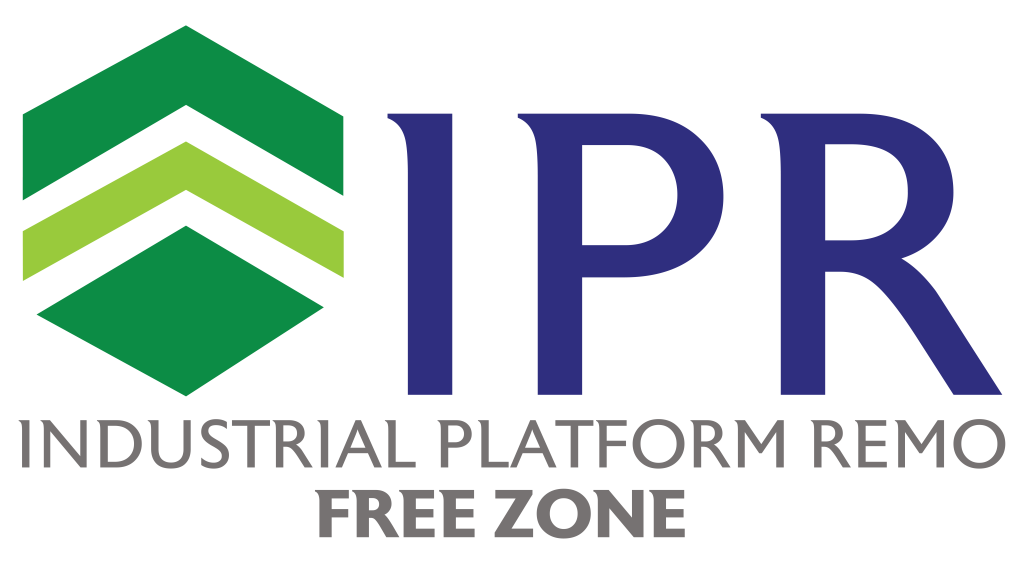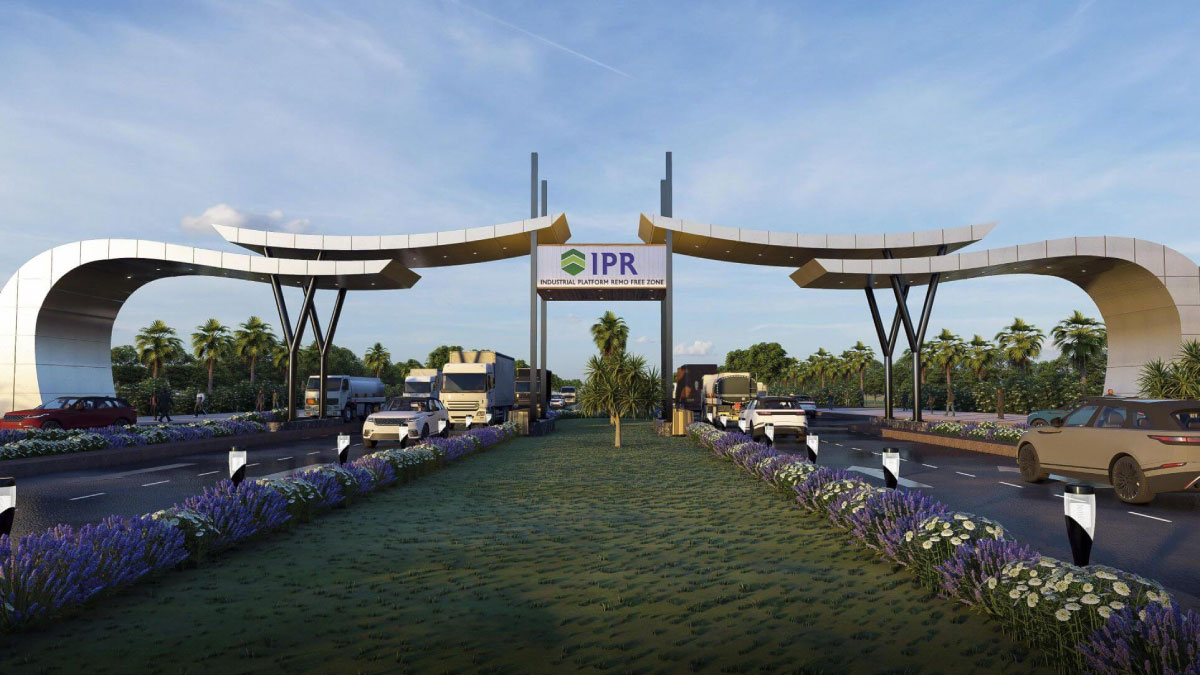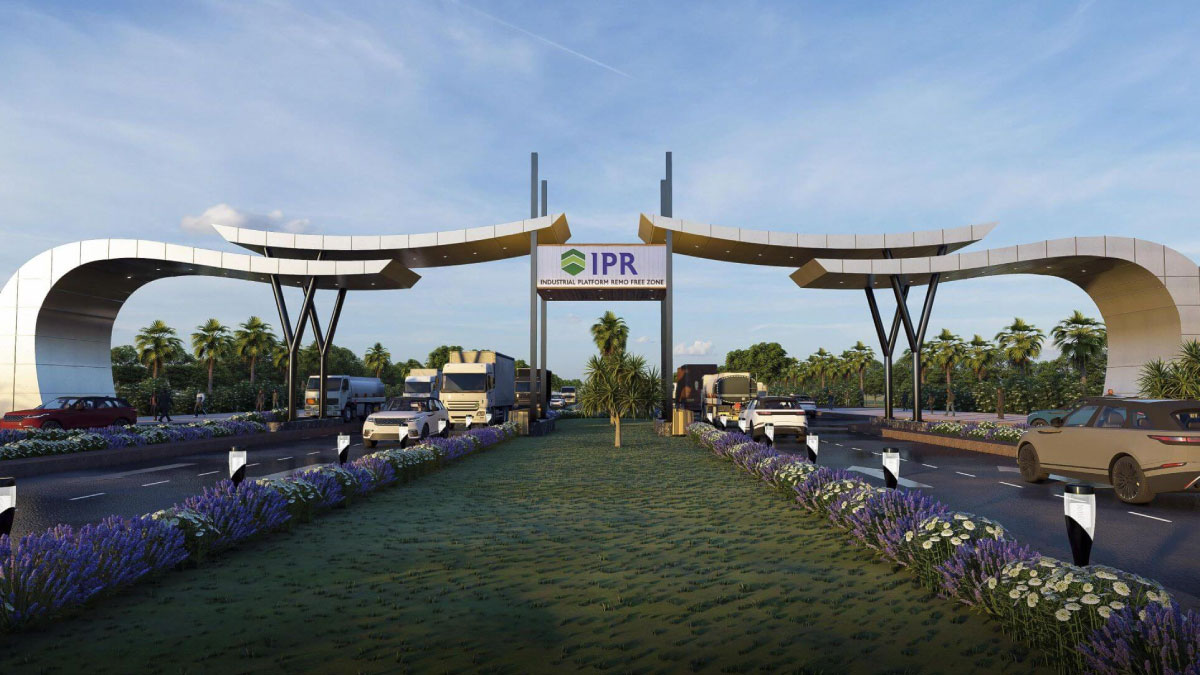South-West Nigeria has experienced a significant surge in air travel demand over recent years. In 2021, Nigerian airports handled approximately 13 million domestic passengers, marking a 43.41% increase from the 9 million recorded in 2020.
This upward trajectory is projected to continue, with the country’s air passenger volume expected to reach 25.73 million by 2029, up from 15.89 million in 2023.
Lagos, the region’s primary aviation hub, has been particularly affected by this growth. The city’s Murtala Muhammed International Airport (MMIA) currently manages a substantial portion of the nation’s air traffic, leading to increased congestion and operational challenges. This congestion not only affects passenger experience but also hampers the efficiency of cargo and logistics operations, crucial for economic activities in the region.
In addition, Ogun State, bordering Lagos, has witnessed rapid economic development, further intensifying the demand for efficient air transport services. The state’s burgeoning industries and growing population necessitate improved connectivity to support business operations and attract investments.
Gateway International Airport, Ogun State: A Game-Changer for Regional Aviation
In response to these challenges, the Gateway International Airport in Ogun State emerges as a strategic solution. Located along the Ilisan-Iperu axis, this newly established airport has been certified fit for commercial operations by Nigeria’s aviation regulatory agencies.
One of the airport’s standout features is its 4-kilometer-long and 60-meter-wide runway, the longest in Nigeria and the West African sub-region, as announced by the Ogun State Government. This extensive runway enables the accommodation of large wide-body aircrafts, positioning the airport as a pivotal hub for both passenger and cargo flights.
Strategically situated next to a special agro-industrial processing zone (SAPZ), the Gateway International Airport is also poised to enhance the agricultural value chain by facilitating the export of produce, thereby boosting foreign exchange earnings.
Its proximity to key industrial and free zones, specifically adjacent Industrial Platform Remo Free Zone (IPRFZ), gives the airport a huge advantage, setting it up to become a major hub for both regional and international trade.
How Gateway International Airport, Ogun State Will Decongest Lagos and Boost Regional Productivity
The operational launch of the Gateway International Airport, Ogun State is set to alleviate the pressure on the Lagos’ overburdened MMIA. By offering an alternative route for both domestic and international flights, the new Gateway International Airport will distribute air traffic more evenly across the region.
This redistribution is expected to reduce delays, enhance passenger experiences, and improve overall operational efficiency.
Moreover, the airport’s focus on cargo operations is anticipated to streamline the logistics management of goods, particularly agricultural products. This efficiency is crucial for Ogun State’s industrial sectors, enabling the timely delivery of raw materials and finished goods, thus fostering a more robust manufacturing ecosystem.

Economic and Infrastructural Benefits of Gateway International Airport
The establishment of the Gateway International Airport, Ogun State, brings a multitude of economic and infrastructural advantages:
• Job Creation & Business Opportunities: The airport is projected to generate employment for approximately 25,000 youths, addressing unemployment challenges and stimulating local economies. This will be further expanded in view of commercial activities to be generated by the development of an aerotropolis surrounding the airport.
• Enhancing Industrial & Free Zones: Strategically positioned adjacent to a SAPZ and within the nation’s largest industrial hub, the Gateway International Airport is set to boost the state’s agro-processing and export capabilities. Its enhanced connectivity will support the growth of industrial parks and free zones, such as the Industrial Platform Remo Free Zone (IPRFZ).
This will in turn attract foreign direct investment, as businesses seek to capitalize on the enhanced access to regional and global markets.
• Improving Export Potential for Nigerian Businesses: With state-of-the-art cargo handling facilities, the airport will facilitate the efficient export of agricultural and manufactured goods. This capability is essential for businesses aiming to expand their reach to international markets, thereby increasing Nigeria’s export earnings.
Conclusion
The Gateway International Airport, Ogun State stands as a transformative project addressing the pressing issue of air traffic congestion in South-West Nigeria.
Its strategic location, modern infrastructure, and focus on cargo operations position it as a catalyst for regional economic growth and improved connectivity, aimed at delivering lasting benefits to Ogun State, the South-West region, and Nigeria at large.





